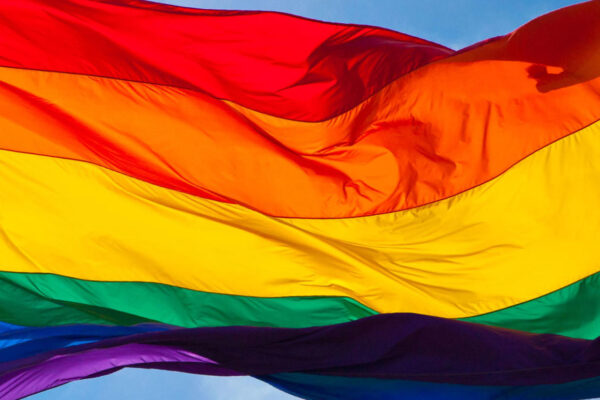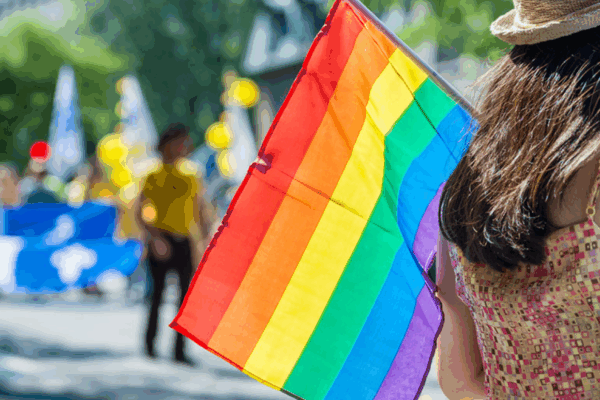Lesbian, gay, bisexual, transgender, queer, and Two Spirit (LGBTQ+ and Two Spirit ) students face discrimination and harassment at school all too often. Unfortunately, many school officials know very little about how the law requires them to protect LGBTQ+ and Two Spirit students. And sometimes they do know that they're breaking the law, but they think that students won't question their actions. That's why it's important for you to learn about your rights and what you can do if your school isn't treating you fairly.
Related Content

ACLU of North Dakota's Statement on Grand Forks City Council Passing LGBT Nondiscrimination Ordinance

Federal Court: Trans Kids Can’t Be Kicked Out of the Restroom

ACLU of North Dakota’s Comment on Education and Justice Department’s Title IX Guidance for Transgender Students
Stay Informed
Sign up to be the first to hear about how to take action.
By completing this form, I agree to receive occasional emails per the terms of the ACLU’s privacy statement.
By completing this form, I agree to receive occasional emails per the terms of the ACLU’s privacy statement.

